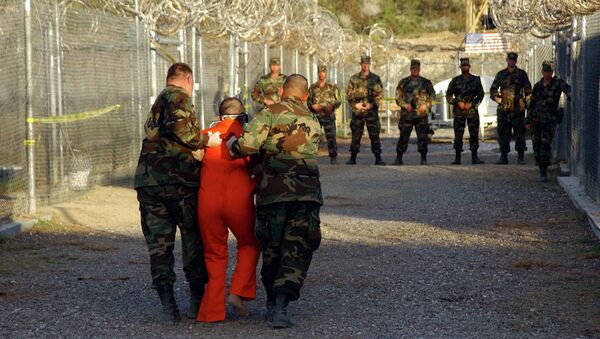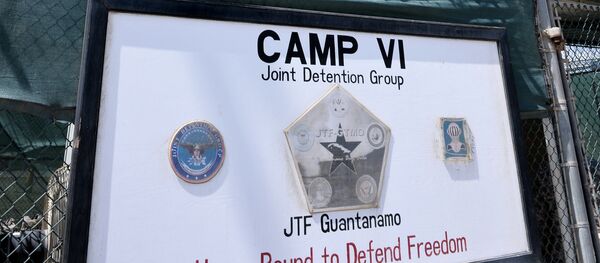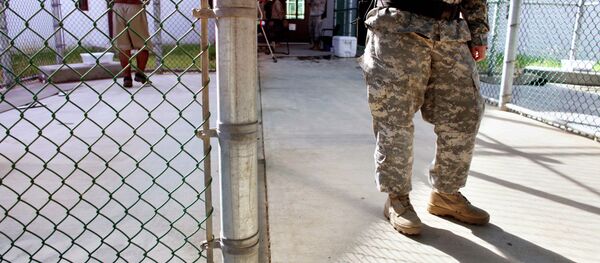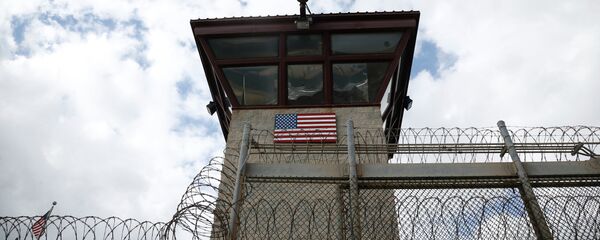The basis for the detention of these men in the notorious prison, according to the guardian review, was US officials’ trust in the security services, warlords and spies of Afghanistan and Pakistan. Not only were these groups responsible for the majority of the detainees, at a total of 98, but US forces were for the most part uncertain about the details of their capture.
Sixty-eight were captured by Pakistani forces or informants. Of those, at least 17 were captured by the country’s Inter-Service Intelligence, which was a known sponsor of the Afghan Taliban and was rumored to have turned a blind eye to Osama Bin Laden’s hideout in Abbottabad. This raises questions about the motivations behind these captures, and the authenticity of Pakistani officials’ claims that the detainees are dangerous terrorists.
Another 30 were captured by Afghan forces, mostly consisting of warlords and affiliates of the US’s efforts to overthrow the Taliban in the early years after 9/11. Over 60 of the detainees were captured by Pakistan and Afghan forces around that time in the region of Tora Bora, where the US fought an inconclusive battle with al-Qaida. A US Senate report in 2009 revealed that many US Special forces at the time paid Afghans and Pakistanis for their aid, arguably giving them incentive to turn in people under tenuous claims of al-Qaeda affiliation.
Since US officials at the time had a limited understanding of the terrorist networks they were fighting, they depended largely on allies like Pakistan to capture suspects. Pakistani forces, in turned, rounded up mostly Arab terror suspects based on information provided by the US, or to serve their own interests. This left US authorities and even Guantanamo interrogators with very little information about the men that supposedly pose a great threat to national security.
Retired Army Colonel Stuart Herrington told the Guardian that US interrogators lacked basic knowledge of the Guantanamo detainees at the time he visited the facility to review operations in March 2002.
"Of the 300 [detainees at the time], there were sure they had the correct identification, name and biometric data of about 30% of them," he said.
Colonel Morris Davis, who resigned from his position as chief military commissions prosecutor of the facility in 2007, echoed Herrington’s statement, adding that most detainees did not pose a major threat.
"It didn’t take long to realize that for every detainee that was arguably a KSM [Khalid Sheikh Mohammed] there were dozens of and dozens more that were of the knucklehead variety like David Hicks or the low-level dupe variety like Salim Hamdan," he said of his experience in Guantanamo.
Yet, the questionable capture of these detainees and the minimal risk they pose, has not prevented US lawmakers from using alarmist rhetoric to caution against the dangers of closing Guantanamo.
Senator Kelly Ayotte, a lead opponent of Obama’s plan to shut down the facility, has said that "most of the remaining Guantanamo detainees are the worst of the worst of terrorists." Ironically, Ayotte has also expressed skepticism towards the US’s relationship with Pakistan, the very country responsible for a majority of the prison’s population.
Ayotte’s concerns are echoed by fellow Republican Senators Tim Scott and Pat Roberts, who have criticized Obama’s plan to move the non-transferable detainees to US federal prisons.
"Transferring these prisoners to the mainland puts the well-being of states in danger, posing security risks to the public, and wasting taxpayer dollars," Scott and Roberts wrote.
The warnings about closing the facility seem to stem from the same basic lack of knowledge regarding who exactly these detainees are and the conditions and motivations behind the apprehension.
"There is great reason to disbelieve claims that detainees at Guantanamo are the 'worst of the worst,'" Laura Pitter of Human Rights Watch told the Guardian. "Including the fact that men were sold to the US for a bounty, not based on any real quality intelligence the US had gathered."






